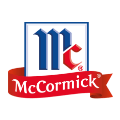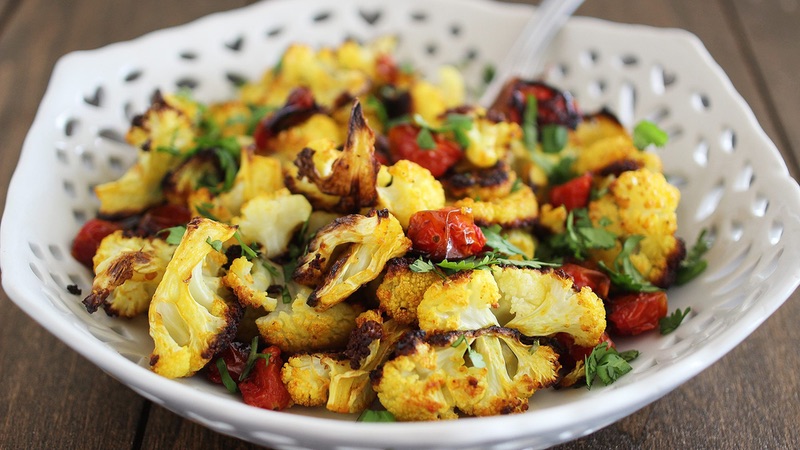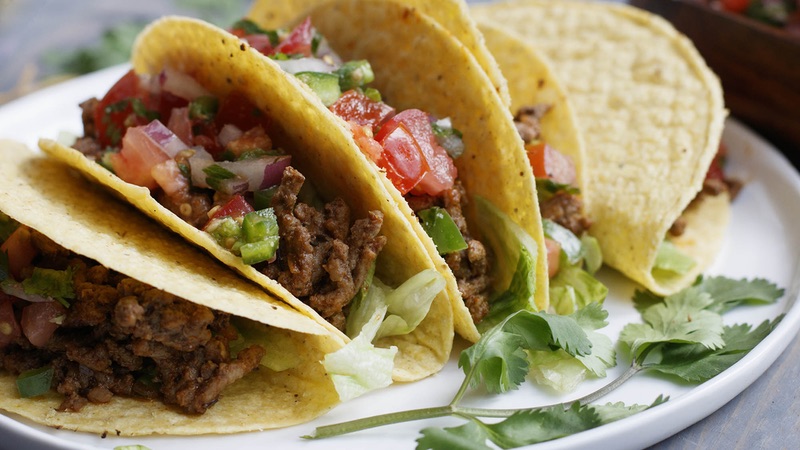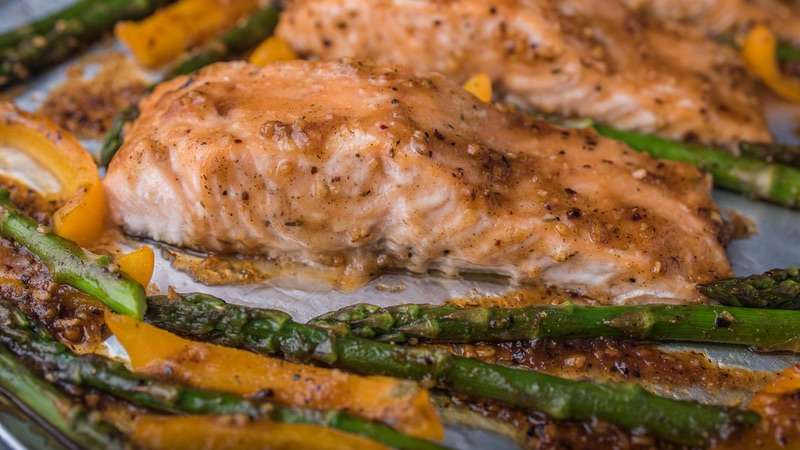You want the best food for your family? We don't blame you. But how do you decide what’s really good for them, and for the planet?
The nutrition panel and food label are a great place to start. Not only can you learn more about the ingredients that go into your food, but you can learn about the testing your food has gone through before it hits store shelves. Here’s what you need to know about some of the most common label claims.
What Does Non-GMO Mean?
Genetically modified organisms, or GMOs, have been maybe the most controversial issue in farming over the past few decades. And genetic modification has some potential upsides. It can give crops pesticide resistance, making farming easier, and affect other aspects of your food, like flavor or shelf life. However, GMOs have downsides, too. Some environmental activist groups, like Greenpeace, say they’re antithetical to sustainable farming.
If you’re concerned about GMOs, look for foods labelled Non-GMO Project Verified. Foods with this label have been independently investigated to certified to meet certain standards, including:
- That the food is free of GMOs
- That the supply chain for a food — for example, the suppliers for each ingredient — is traceable, so the manufacturer can be assured their ingredients are GMO-free
- That the food’s ingredient list is complete and properly labelled
Avoiding GMOs? We’ve got good news — many McCormick® products are Non-GMO Project Verified. Just look for the label on the bottle to help keep your kitchen GMO-free.
What Does Organic Mean?
Sure, you’ve heard about the benefits of organic. But truly understanding exactly what organic means can get confusing, because there are different standards for organic beef, for instance, than organic almond milk.
The most important thing to look for is organic certification. What does certified organic mean? Well, foods that are USDA-Organic Certified — the gold standard for organic certification — were farmed using strict guidelines. Those guidelines include:
- Crops cannot be genetically engineered
- Crops can’t have prohibited substances, like certain pesticides or herbicides, applied to them.
- Livestock must not be treated with certain prohibited drugs (for example, some antibiotics)
- Livestock are fed 100% organic feed, and have access to the outdoors all year long
Any product that’s USDA certified organic has to have at least 95% organic content. Products labelled “made with organic” must be at least 70% organic.
If you’re looking to spice up your organic cooking, McCormick® Gourmet Organic is the way to go. They’re all USDA-Organic certified and Non-GMO Project Verified, so you can feel secure in your choice.
What About Other Label Claims?
Non-GMO and organic might be the biggest labels to watch for, but they’re not the only way to learn more about your food. Here’s the lowdown on some other common label claims and what they really mean.
What does gluten-free mean?
Gluten is a protein found in wheat, certain other grains, and in many processed foods. Foods that are Gluten-Free Certified have been tested for gluten content, and should be safe if you need to follow a gluten-free diet.
What is trans fat?
This type of chemically-modified fat has a bad rep for a reason — the American Heart Association recommends reducing your intake as much as possible. Trans fat must be listed separately on the nutrition panel. Look for “0 g trans fat” on the label to avoid as much as you can.
What is Kosher?
Kosher foods are ones that follow Jewish dietary law, which outlines which foods can be eaten and how they can be prepared.
What does “no added sugar” mean?
Currently, food manufacturers don’t need to list added sugar separately from naturally-occuring sugars — for example, the natural sugar in milk — on the nutrition panel. But foods labelled “no added sugar” or “without added sugar” can’t contain added sugars or sugary ingredients, like jam, according to the FDA.
What is monosodium glutamate?
Monosodium glutamate, or MSG, gets a bad rap because MSG is a source of sodium. Foods with added MSG must list monosodium glutamate in their ingredient list. However, some other ingredients — like hydrolyzed wheat protein and yeast extract — naturally contain MSG, so scan the list for them, too.
What is vegan?
Vegan foods are free of any animal products. That means obvious offenders, like meat, eggs, dairy and honey, as well as ingredients that contain trace amounts of animal products, like some food colorings. Certified Vegan foods are both free of animal products and not tested on animals, so you can feel secure in your plant-based diet.
If you want to learn more about how to read a nutrition label, we've got you covered.











